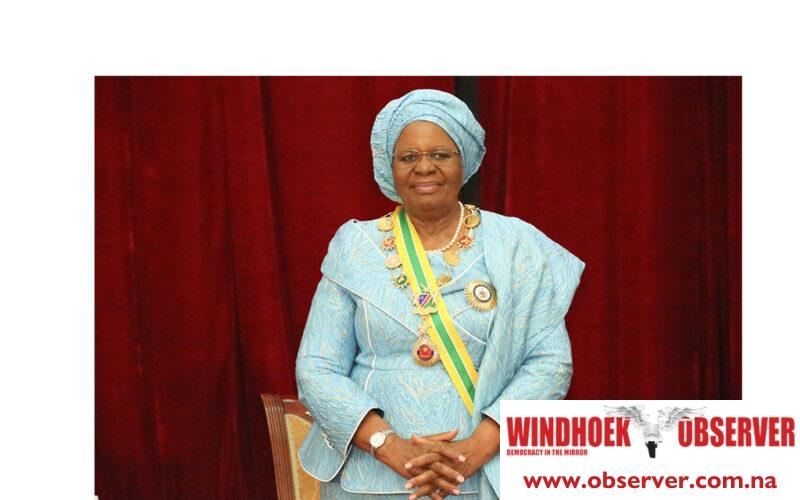01
Apr
Joseph Diescho The consternation or unhappiness about the appointment of brother Julius Hamunyera Hambyuka (Mukwanzadi) as 'governor' of Kavango East is not about rejecting him as a person or impugning the decision of the President who has the prerogative to appoint 'governors' under the current laws. The unhappiness is about the bigger picture of Namibian Democracy and Popular Political Participation. It reveals the awkward context of Kavango political participation in Namibian politics. The reality in which this appointment took place is most unfortunate. Here is why: The appointment of these so-called governors in the 35 years old Namibia must be…









